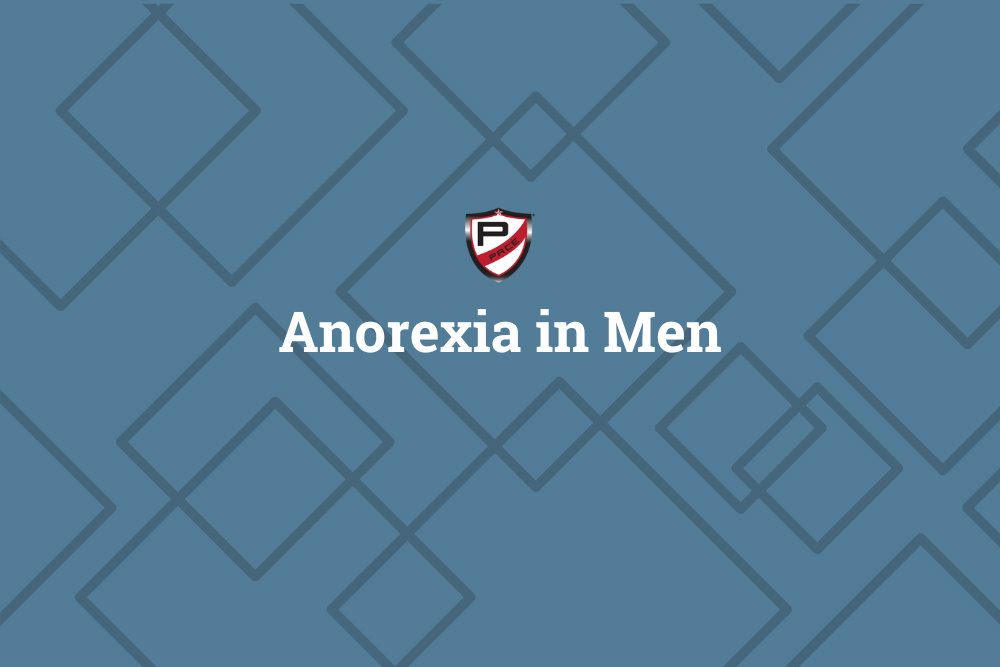Though you might assume eating disorders primarily affect young women, the unfortunate reality is that people of all gender identities can develop disordered eating patterns and related issues such as body dysmorphia. Anorexia is a potentially deadly mental illness that affects an estimated 10 million men, according to statistics from the National Eating Disorders Association.
Men who have anorexia sometimes go overlooked because the symptoms present differently in men and women. Many men with eating disorders can benefit from gender-specific treatment to understand and overcome their anorexia concerns.
Understanding Anorexia in Men
During the teen years, young men become more aware of their appearance, sexuality and societal expectations. Adolescent boys who unfavorably compare themselves to the toned, muscular bodies they see in the media can become determined to conform to those unrealistic standards through diet and exercise, thus perpetuating harmful and obsessive patterns.
While anorexia in young women manifests primarily in losing weight by counting calories and restricting food choices, anorexic behaviors in young men might include:
- A preoccupation with gaining muscle mass
- Working out several times per day
- Exercising even when sick or injured
- Abusing steroids or other substances to build muscle faster
- Low self-esteem and distorted body image
- Holding themselves to unattainable requirements
Risk Factors for Anorexia
While anyone can develop an eating disorder, some men are more vulnerable to anorexia than others. For instance, men who have been victims of bullying about their weight from a young age, or who have experienced traumatic events such as sexual abuse or harassment, can become anorexic because it gives them a sense of control they’ve lacked.
Due to gender biases, men may be less likely to seek treatment for disordered eating. It might also be harder to get an accurate diagnosis because the traditional assessment tools health professionals use better reflect women’s symptoms.
Toxic masculinity plays a role, too – boys and men grappling with these issues could be afraid to admit they are struggling with a condition largely perceived as feminine. When they finally get help, they are often further along in their illness and could face severe health consequences, including malnutrition and even organ failure.
Start Your Recovery Journey Today
Men with disordered eating also tend to have high rates of co-occurring mental health issues such as anxiety, depression, substance use and suicidal ideation. That’s why it’s crucial to find a treatment center that emphasizes the therapeutic process and evidence-based methods.
At PACE Recovery Center, we provide gender-specific treatment that helps men break the stigma of asking for help and getting support for issues like trauma and addiction. We have created a safe, judgment-free environment where men aged 18 to 30 can begin to rebuild their lives. When you contact us, we will tailor a treatment plan that helps you address unresolved mental health issues and move forward with confidence.



